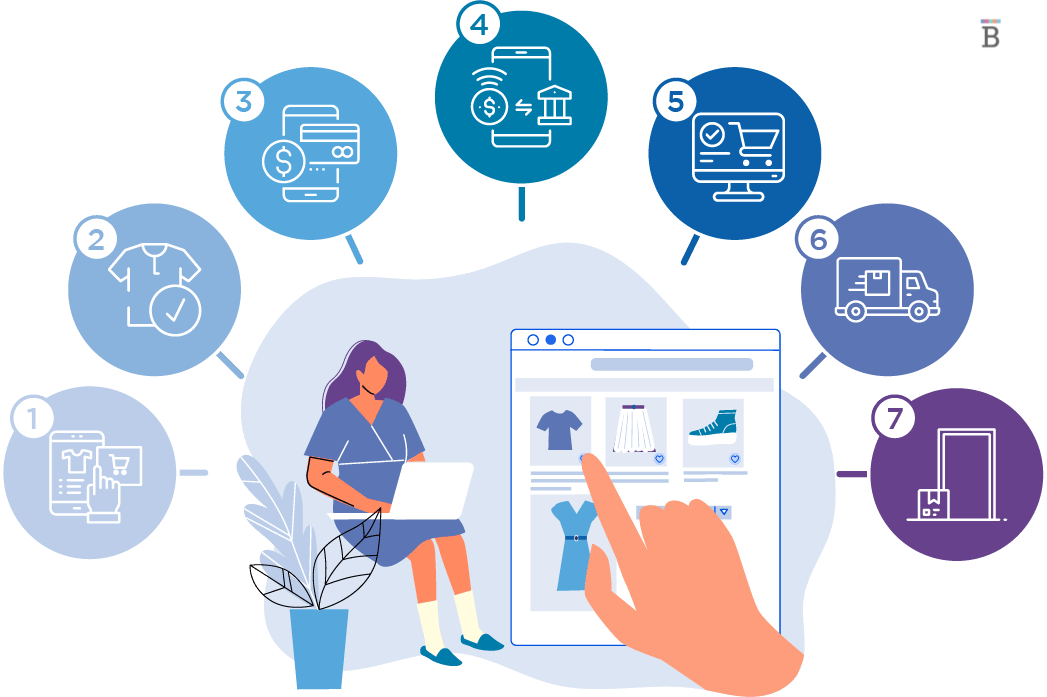Blog
CodeAspire > Blog > How eCommerce software works?

- CodeAspire
- Mar 27, 2023
How eCommerce software works?
Ecommerce software development involves building online stores and marketplaces where businesses can sell their products and services to customers over the internet. The development of an ecommerce software involves several key components, including:
-
User Interface: The user interface (UI) is the front-end component of the ecommerce software that allows customers to browse products, add items to their cart, and check out. The UI should be intuitive, responsive, and visually appealing to provide a seamless shopping experience.
-
Product Catalog Management: The product catalog management system is responsible for organizing, displaying, and updating product information on the ecommerce store. It should allow businesses to easily add, edit, and delete products, and provide customers with accurate and up-to-date information on product features, prices, and availability.
-
Shopping Cart and Checkout: The shopping cart and checkout system is responsible for managing customer orders and payments. It should provide customers with a secure and easy-to-use checkout process, and allow businesses to manage and track orders, payments, and shipping.
-
Payment Gateway Integration: Payment gateway integration is essential for securely processing customer payments. The ecommerce software should integrate with popular payment gateways, such as PayPal or Stripe, to allow customers to pay using their preferred method.
-
Shipping and Fulfillment: The shipping and fulfillment system is responsible for managing order fulfillment and delivery. It should allow businesses to manage and track orders, print shipping labels, and send tracking information to customers.
-
Analytics and Reporting: Analytics and reporting tools provide businesses with insights into customer behavior, sales trends, and other key metrics. The ecommerce software should include robust analytics and reporting capabilities to help businesses make informed decisions and optimize their online store.
Some popular ecommerce software development platforms include Magento, Shopify, WooCommerce, and BigCommerce. These platforms provide a wide range of features and integrations to help businesses build and manage their online stores.
Recent Post

What are the benefits of google adsense?
Dec 22, 2023
What is the future of game development companies?
Dec 18, 2023

